Musk in antiquity
It is considered musk is one of the oldest perfumes known to mankind, having been used for thousands of years. The earliest evidence of the use of musk dates back to the Sumerian civilization, which existed in Mesopotamia in the third millennium BC. It was musk was used in perfumes and medicines and some religious rituals.
History of musk
In the depths of time, man discovered a hidden magic emanating from the smells of those flowers and animals, and realized that fragrance has a special power that settles in the depths of memory and makes hearts feel peaceful and comfortable. The search for this perfume has been going on for ages, and among the scents that have intrigued humans throughout the ages are musk.
It is considered musk is one of the oldest aromatic substances used in history. It was used in ancient civilizations as an essential ingredient in perfumery and religious rituals. It is extracted musk is usually extracted from small glands found in the pubic area of some animals, such as antelopes and deer. The name "musk"comes from an Arabic word that means "pleasant odors".
Trade caravans and musk
was musk is among the products that have been an important part of trade caravans in history. There were long caravans traveling trade routes between East and West, and musk was one of the most luxurious and desirable products on these caravans. Here are some important points about caravans and musk:
- Caravan routes: Caravans traveled different routes through deserts and difficult areas, such as the Silk Road and the ancient trade routes between the Middle East, Asia and Europe.
- Sources of musk: The main sources of musk were in certain regions, such as the Himalayas, Siberia, and North Asia. Musk was extracted from the glands of musk deer and was considered a rare luxury item.
- Commercial value: Musk was highly valued in global markets for its unique odor and medicinal properties. It was used in perfumes and medicines and was considered a symbol of luxury.
- The impact of caravans on cultural exchange: Trade caravans not only carried goods, but were also a means of transporting cultures and exchanging knowledge between different peoples. Musk played a role in this cultural exchange and influence on civilizations.
Musk preservation challenges: Over time, the traditional hunting of musk deer and the use of musk has become a controversial issue due to environmental impact and animal rights. Practices have changed and have been regulated to preserve this natural resource.
Historical use of musk
- was musk has been widely used in ancient times in various cultures and civilizations for a variety of purposes. Here are some common uses of musk in the past:
- Oriental medicine: Geranium was used in Eastern medicine to improve overall health and increase energy. It was considered a natural supplement to promote strength and vigor.
- Fragrances and essential oils: Musk was once commonly used in perfumes and essential oils. It was considered an attractive and persistent scent, and was used to impart a unique and appealing aroma to fragrant products.
- Ritual uses: In some cultures, musk was used in religious and spiritual rituals. It was considered a symbol of purity and beauty.
- Cooking and folk remedies: In some societies, musk has been used as an ingredient in some traditional culinary recipes and has also been considered useful in some folk remedies to treat certain health conditions.
- Sexual stimulants: In some cultures, musk was considered an aphrodisiac and was used to stimulate sexual desire.
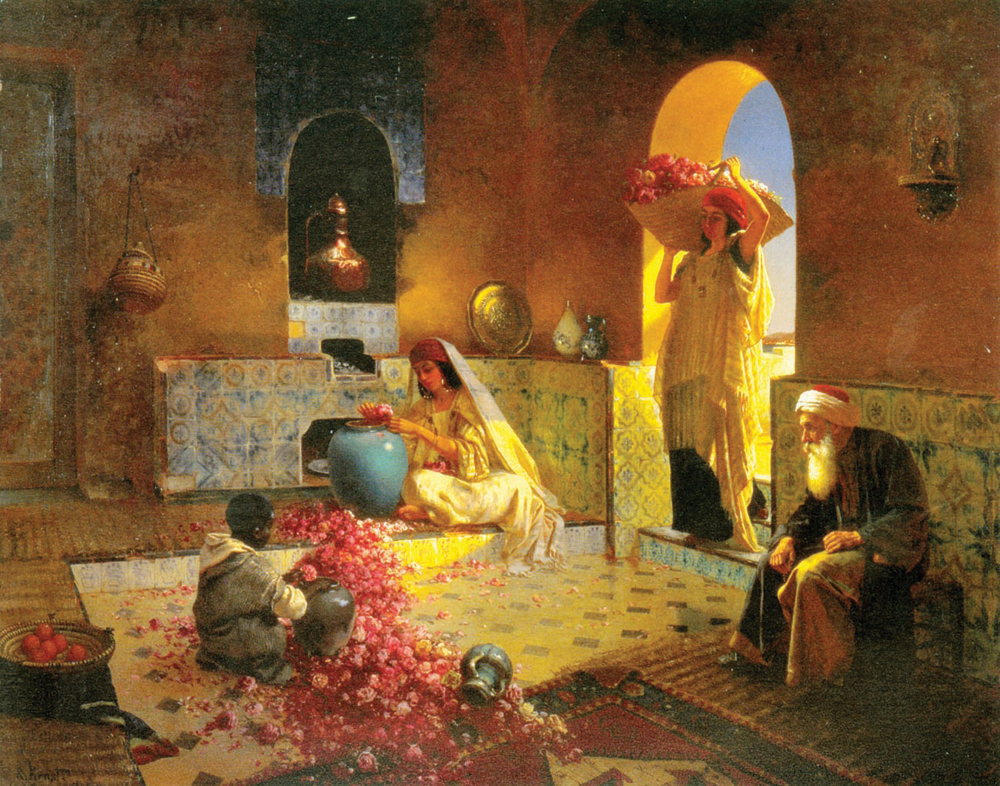
Discovering Fragrance and Musk
Discovery perfume and use musk in the inoculation and composition of perfumes dates back to many ancient civilizations. Here's a glimpse of how the discovery of perfume and the use of musk:
Ancient civilization in the Levant
In Mesopotamia and ancient Egypt, perfumes were used for religious and medicinal purposes. The first attempts to use musk in perfumery were made here.
India and China
In ancient India and China, musk was widely used in traditional medicine as well as in perfumery. Musk played an important role in Oriental medicine and Chinese philosophy.
The Middle Ages in Europe
During the Middle Ages, perfumery began to flourish in Europe. Musk was part of the luxurious perfumes that appealed to the nobility.
Exploring Musk
At the beginning of using perfumes. Ingredients were mainly extracted from natural substances, people discovered the secret of a distinctive odor emanating from the glands of deer. musk. and realized that this scent was unique and seductive.
The processes of of musk extractioninvolved collecting musk glands from the carcasses of deer These glands were cleaned and dried, and then used as a key ingredient in perfume composition.
Advances in Perfumery
With the advancement of science and technology, methods of musk extraction and perfume manufacturing were developed. Synthetic ingredients began to replace natural ingredients, making it easier to manufacture perfumes.
Challenges of sustainability and animal rights
Over time, concerns about animal rights and resource sustainability have increased. This led to the development of new technologies to use synthetic ingredients and replace natural ones.
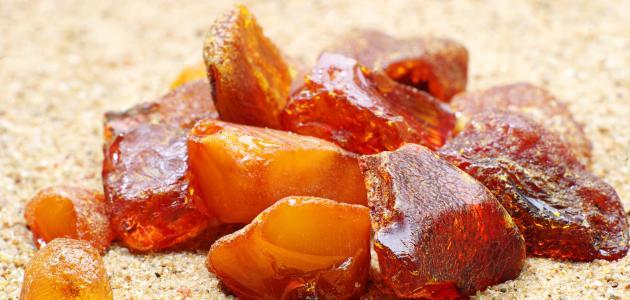
Types of musk
There are several types of musk, each with its own unique characteristics. Musk can be categorized into two main types: Natural musk and synthetic musk.
Natural musk
Deer musk: Extracted from the glands of forest deer and was used in ancient times.
Musk hersut: It comes from the glands of hirsute or antelope, and was popular in traditional oriental perfumes.
Artificial musk:
Nitromusk musk: Synthetic and characterized by high stability.
Musk Galacton: It is used in modern perfumery and gives fragrances softness.
Musk Civital: Synthetic that mimics the scent of natural musk.
Musk Ambroxan: A synthetic extract with a distinctive odor.
Musk Tetrahydrocannabinol: Used in the perfume industry and enhances the stability of fragrances.
Modern-day Musk:
White musk: It is considered pure and soft and is used in fine fragrances.
Hookah musk: A modern type characterized by its floral and light aroma.
The Musk of Antiquity:
Castoreum musk: Used in ancient times, it was extracted from the anal glands of rodents.
Musk Sivan: Used in the Middle East in ancient times.
The evolution of musk extraction techniques
Techniques have developed extraction of musk have evolved over time, leading to the use of advanced methods to obtain this aromatic ingredient. Here's an overview of the evolution of extraction of musk and recent innovations in the field:
Techniques for extracting musk from animals:
- Initially, musk extraction techniques involved collecting musk glands from the carcasses of musk deer.
- These techniques have evolved to include the use of organic solvents to extract musk from the glands.
- There were environmental and ethical challenges related to the impact of these operations on muskrat populations and their rights.
Recent innovations in synthetic musk extraction:
- With increasing awareness of conservation and animal rights issues, synthetic musk extraction techniques have been developed to minimize environmental impact and preserve biodiversity.
- Recent innovations include the use of biochemistry and biotechnology to artificially produce musk.
- Significant progress has been made in developing synthetic compounds that accurately represent the scent of musk, reducing the need to use natural musk.
The use of genetic engineering techniques:
- In some cases, genetic engineering techniques have been used to optimize the production of synthetic musk.
- Living organisms can be modified to produce musky ingredients more efficiently and in smaller quantities than raw materials.
Environmental and economic benefits:
Synthetic musk extraction techniques are more environmentally and economically sustainable, as negative environmental impact can be avoided and animal resources can be conserved.
The effects of musk on the mind and health
Scientific studies show that the smell of musk may have an effect on the mind and mental health. Here's a look at some of these studies and the effect of of musk-based fragrances on mood:
The effect of musk on the mind:
There have been numerous studies on the effect of musk on the brain, some of which have shown that the scent may contribute to improved focus and alertness.
The scent of musk has sometimes been linked to increased levels of positive mood and psychological well-being.
The effect of musk-based fragrances on mood:
Many perfumes contain musky ingredients and are considered part of the luxury fragrance industry.
Some research suggests that using musk-based fragrances can lead to improved mood and a sense of well-being.
The effect of odor on mental state:
Scent plays an important role in stimulating certain areas of the brain associated with memory and emotions.
The scent of musk can evoke positive emotional responses and relieve feelings of stress and anxiety.
Psychotherapy applications:
Some psychotherapy and relaxation techniques are used to incorporate the use of perfume and musk scents to positively influence the psychological state of individuals.
Fragrance is part of psychotherapy and relaxation experiences in some areas.

Innovations in Perfumery
experienced perfumery industry has seen many innovations, including the use of analyzing fragrances to understand their chemical composition and optimize their production technology.
Developed smart fragrances that respond to changes in temperature or moisture levels on the skin.
The Future of Musk in Perfumery
Musk remains an important part of the perfume industry, but growing awareness of animal rights and sustainability issues is pushing the fragrance industry towards the use of synthetic musks more and more.
A future may emerge where new musk ingredients are developed using genetic engineering techniques or cell culture.
Recent innovations in the use of musk in everyday products
We've seen a rise in the use of musk in everyday products such as body soaps and hair care products.
Microbial capsule technologies have been developed to embed the musk scent in clothing and fabrics for longer periods of time.
FAQ about musk
What is musk and how is it extracted?
Musk is a natural compound that is extracted from the glands of musk deer. The glands are collected and the natural musk is used as an ingredient in perfumery and personal care.
Can musk be used in modern medicine?
Musk is used in modern medicine to a limited extent, especially in certain medicines and pharmaceuticals. Musk is considered to have specific properties that are used in certain treatments.
Is there a side effect of using Musk?
Rare side effects may occur when using musk, such as skin irritation or allergic reactions in some individuals. People with certain allergies should avoid using musk.
Are there alternative sources of natural musk?
There are synthetic musks produced by chemical methods that can replace natural musk in some products. Synthetic fragrance ingredients have been developed that closely mimic the smell of musk.
How can musk's ecological resources be preserved?
To preserve the ecological sources of musk, the musk extraction industry must be regulated and sustainable fishing quantities must be set. Attention is paid to promoting animal rights and using modern techniques to extract musk more sustainably.


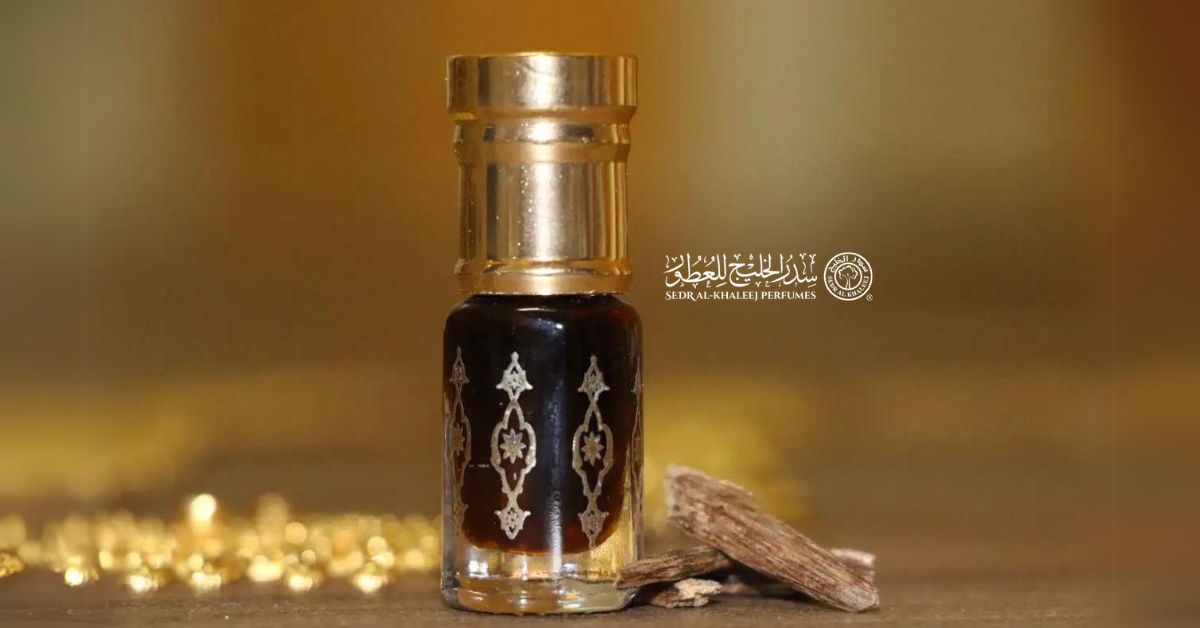
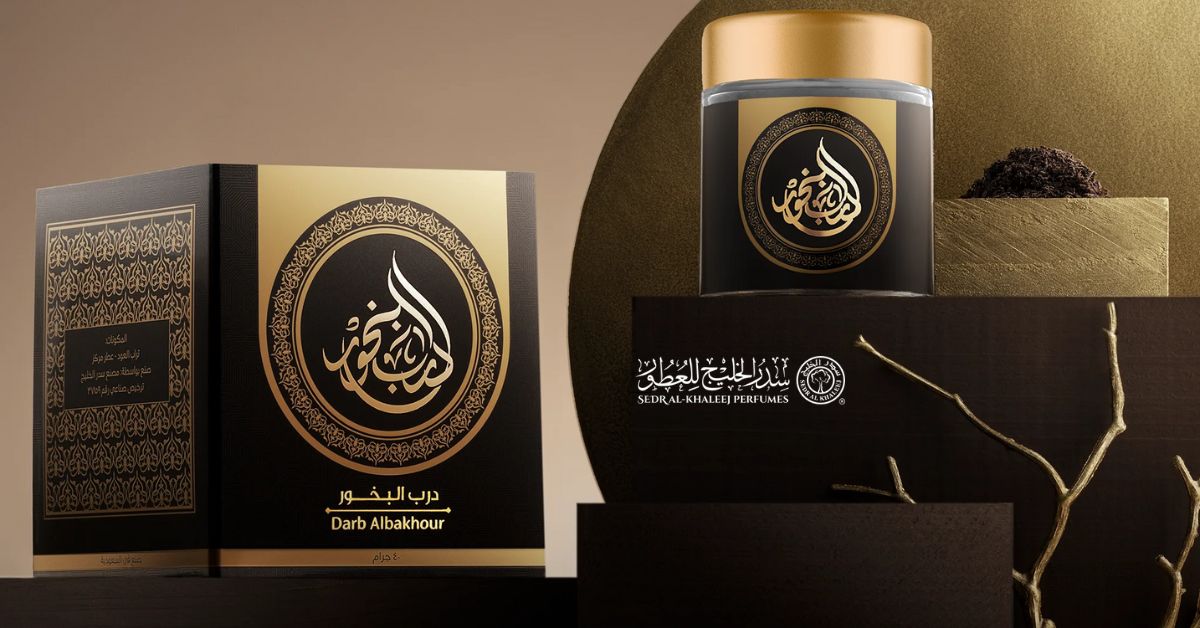
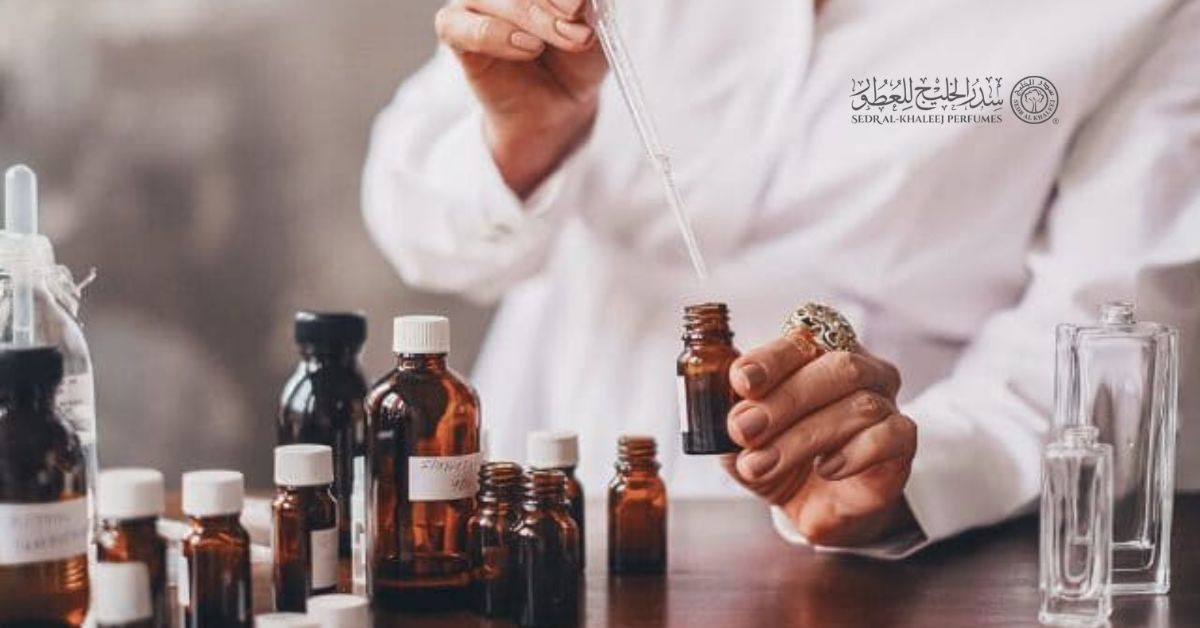
Leave a comment
All comments are moderated before they are published.
This site is protected by hCaptcha and the hCaptcha Privacy Policy and Terms of Service apply.